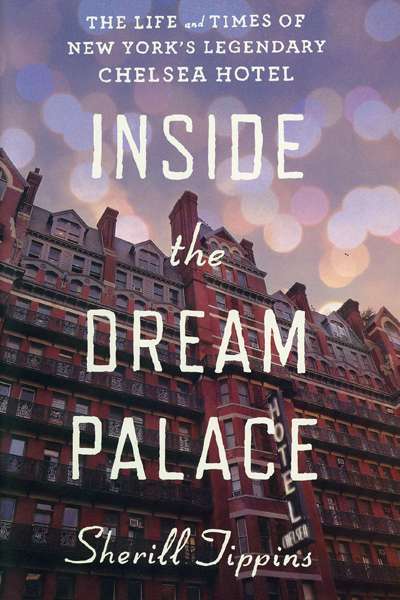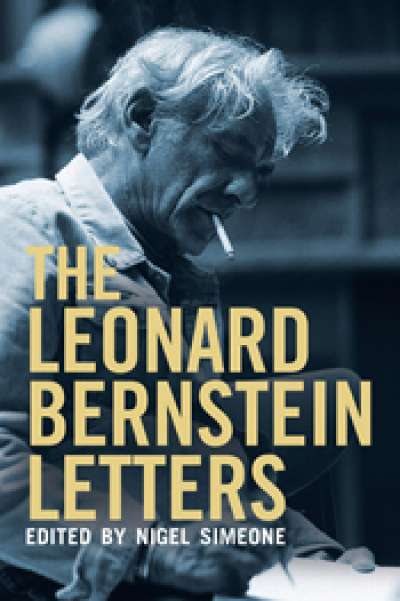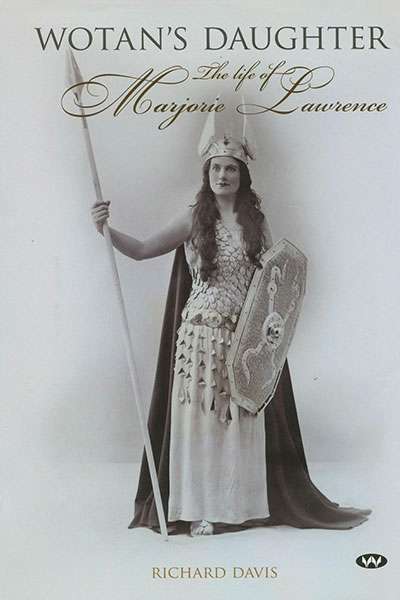Ian Dickson
Inside the Dream Palace: The life and times of New York's legendary Chelsea hotel by Sherill Tippins
Hobart is the ideal place in which to have a festival. Big enough to have other attractions but small enough so that the festival becomes a major event rather than just another diversion. A walk through Battery Point, followed by a long lunch at Salamanca Place with congenial fellow festival goers, or a trip out to MONA to wander through the psyche of David Walsh are exceptional ways to spend the day before the next performance.
... (read more)At a time when a convicted drug smuggler is rumoured to be about to collect a fortune for her remarkably unremarkable story and when we are heading into a new round of so-called ‘culture wars’, in which an extraordinary amount of heat will be generated with precious little light accompanying it, it is refreshing to be presented with another of Michael Gow’s fo ...
With aching feet, bursting bladders, and the odd carrot for sustenance, Samuel Beckett’s famous pair of tramps have shuffled on to the stage of the Sydney Theatre for an extended run, though run is hardly the apposite word for this stationary duo. Perhaps one could call it an extended slump.
... (read more)English National Opera audiences are notable for their complete lack of bling. On opening nights they ostentatiously dress down, in opposition to their social butterfly Covent Garden counterparts, as if to state that they are there for the opera alone. The London opening of The Perfect American, Philip Glass’s opera based on ...



